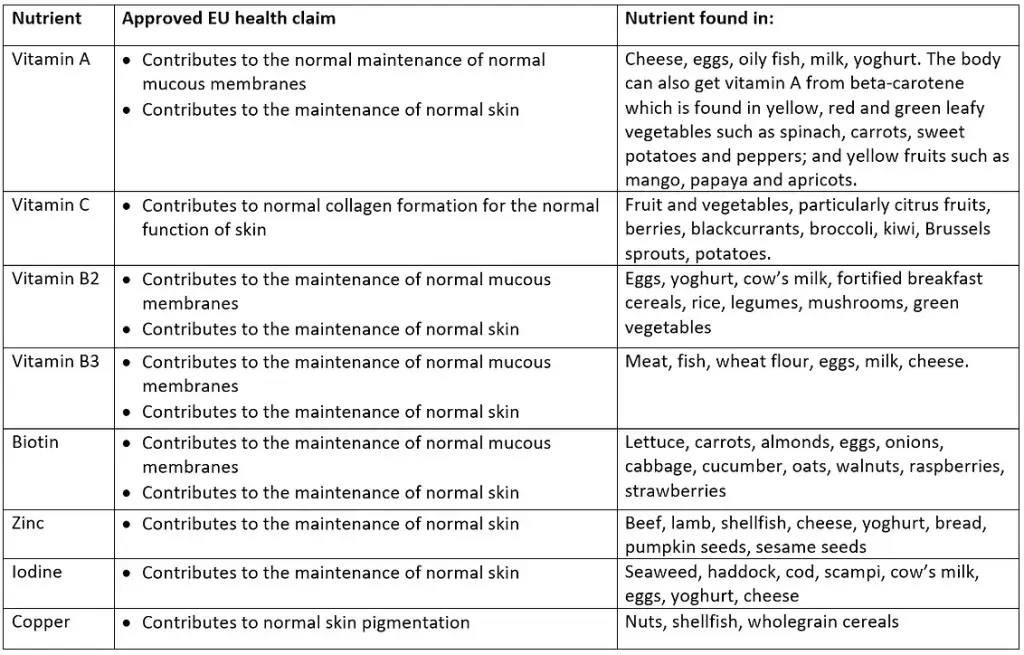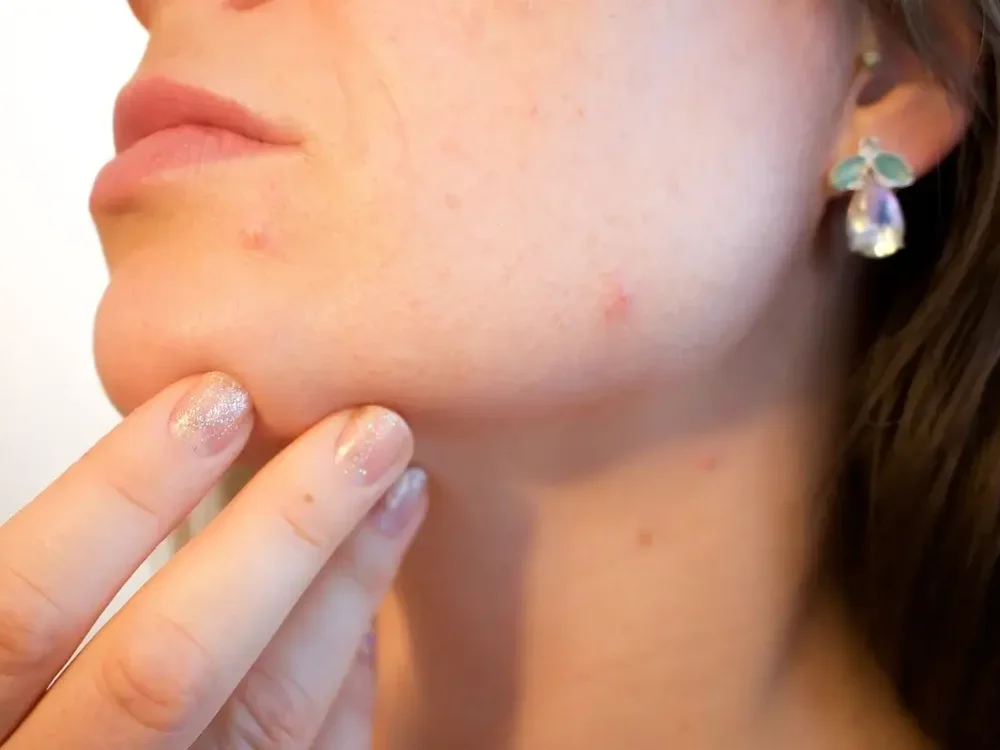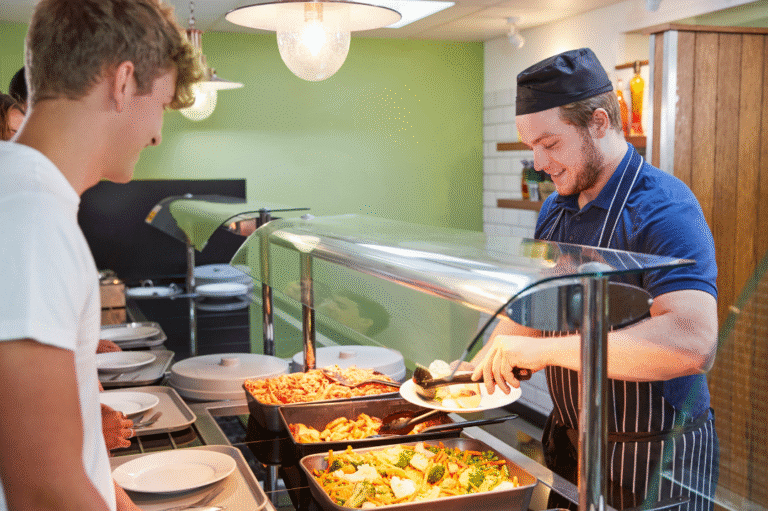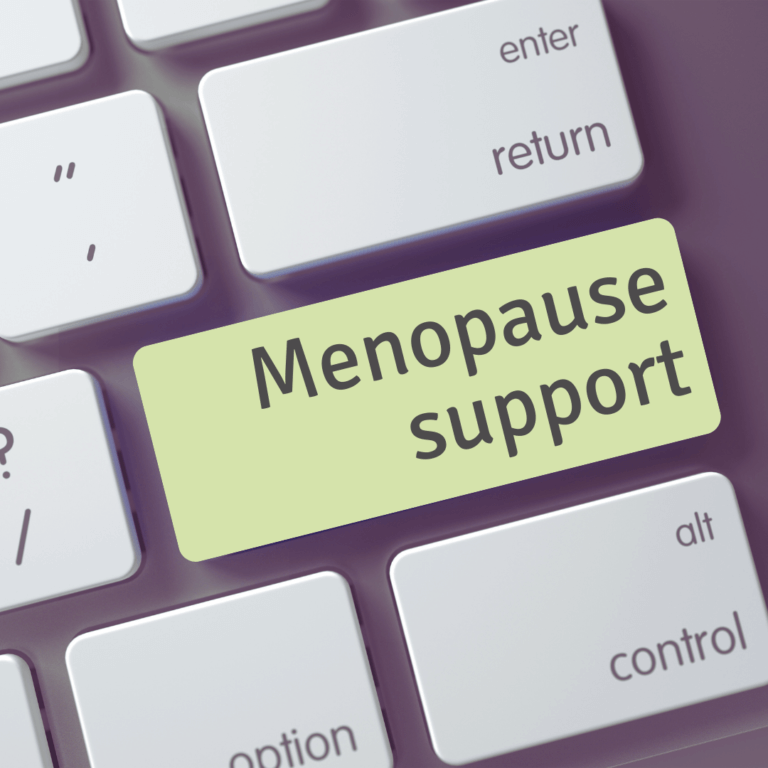Prepared with assistance from Holly Gabriel, AfN Registered Associate Nutritionist
Does what we eat impact our skin?
A quick google search of ‘food for skin’ and you are greeted with a whole host of headlines from “8 cooling foods that will help you fight all your summer skin and health issues” to “The varied diet you need for your best skin”. But can you improve your skin with your diet? …here are the facts:
Your skin is your body’s largest organ. Good skin is partly down to our genetics, but what you eat can also impact its condition and appearance.
The skin has several functions, primarily acting as a barrier to our external environment and protecting us from potential pathogens and pollutants. It also helps the body maintain hydration and regulate our body temperature.
The outer layer of skin cells (the epidermis) renew themselves every 28-31 days. So if you do make positive changes to your diet, you may not see the benefit to your skin for around four weeks. The turnover of skin cells requires adequate dietary protein, carbohydrate and fats as well as a variety of micronutrients (vitamins and minerals) and polyphenols for optimal skin health and appearance. A healthy, varied diet can also influence the skin’s ageing process to a modest degree and offer some degree of protection against sun-induced skin damage (Yuregir, 2009).
The importance of particular vitamins for healthy skin are highlighted in cases of severe deficiency. For example, the symptoms of scurvy, which results from a deficiency in vitamin C, include poor wound healing and bleeding under the skin. Deficiency in B vitamins can result in red and scaling skin, dermatitis and discoloured skin.
However, more may not be better when it comes to vitamins and minerals – While it is true that deficiencies in certain vitamins and minerals can cause problems with skin health, if you are eating a balanced diet there is no benefit in boosting certain ‘skin saving’ nutrients marketed by supplement companies. There is not one food that will supply all the nutrients we need for healthy skin, so variety is key.
What specific nutrients support skin health?
A healthy balanced diet based on the Eatwell Guide will put you in good stead for healthy skin and a healthy body. In terms of specific nutrients, there are currently several approved EU health claims relating to skin health and specific vitamins and minerals. These are listed below:

Other nutrients that are associated with healthy skin include selenium, which is a powerful antioxidant and can help protect against sun damage and age spots. Fish, shellfish, eggs, tomatoes, broccoli and Brazil nuts are all great choices for getting adequate selenium.
Vitamin E helps to protect skin from oxidative damage and supports healthy skin growth. Including almonds, avocado, hazelnuts, pine nuts and sunflower oil will provide you with vitamin E.
Healthy fats (monounsaturated and polyunsaturated fats) will provide your skin with essential fatty acids, which help moisturise and protect your skin. Omega-3 fats, found in oily fish and plant sources such as flaxseed, linseeds, walnuts and rapeseed oil are anti-inflammatory, and may be beneficial for inflammatory skin conditions such as eczema and psoriasis.
Recipes for success – Try these recipes to help you on your way to healthy skin
- Sweet potato and lentil soup
- Chicken, paprika, chickpea and kale pot
- Mushroom and spinach tagliatelle
- Chilled fresh fruit salad
As well as eating a healthy, varied diet, here’s 7 tips for healthy skin:
1. Protect your skin from the sun. Ultraviolet light (the invisible but powerful rays of the sun) damage collagen and elastin in your skin which keeps your skin smooth and supple. Too much sun exposure can increase wrinkles and dry rough skin (BDA, 2016). Wearing a sunscreen every time you go out can help to lessen the damage and keep your skin younger for longer. Some face moisturisers and makeup foundations include sun protection factor (SFP).
2. Relax and get enough sleep – Aim for 7-8 hours of sleep each night. When you sleep, your skin is repairing and recovering. Dark circles under your eyes may indicate that you need more sleep.
3. Be kind to your skin – it’s important to hydrate, exfoliate and moisturise your skin. Daily cleansing and shaving can take a toll on your skin. Use a mild cleanser, pat dry after washing and use a good quality daily moisturiser.
4. If you smoke, Stop! – Smoking speeds up the normal ageing process of your skin. It reduces blood flow to the skin so your skin gets fewer nutrients and less oxygen, which results in wrinkles and a dull complexion.
5. Drink sensibly – dehydrated skin is more likely to develop wrinkles as it stops being so elastic. If you drink alcohol, stick within the drinking guidelines (men and women are advised not to drink more than 14 units a week, and spread your drinking over 3 or more days if you drink as much as 14 units).
6. Stay hydrated – Aim to drink 6-8 glasses (about 1.2 litres) of water a day. To check if you’re drinking enough, your urine should be a light straw colour. Water is cheap, but can be a bit boring, so try adding a slice of cucumber or lemon, or a sprig of rosemary or mint to make it more interesting. Other drinks such as low fat milk, sugar free drinks including tea and coffee also help to keep you hydrated.
7. Move more – Regular activity will improve bold flow to your skins surface and give you a rosy glow. Check out the recommended activity guidelines here





